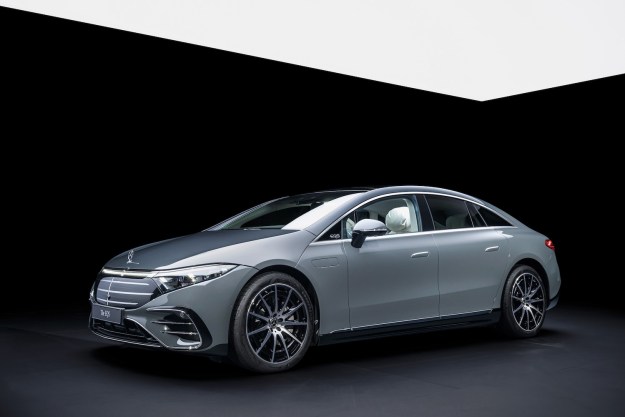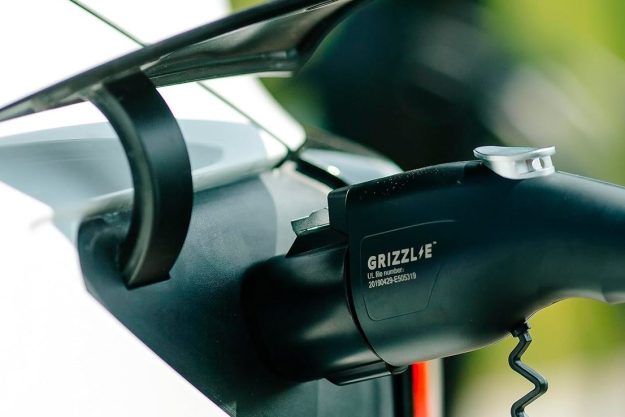There are moments where you’re proud to say, “I was there for that.”
We’re not talking massive social movements or ground-breaking inventions here, but in the automotive community, shifts in a manufacturer’s ethos are always cool to witness in real time.
We’re in the midst of such a change for Honda, one where the traditionally conservative Japanese automaker is turning up the burners and committing to real, aggressive performance from many of its cars. This evolution was punctuated by the eye-catching Civic Concept that wowed the 2015 New York Auto Show, as well as the news that the next Civic Type R would indeed make it to the U.S.
Another promising development is the proliferation, across Honda’s range, of VTEC Turbo engines, which aim to generate the power of larger naturally aspirated units but with small-displacement fuel economy. The tenth-generation Civic will equip a 1.5-liter turbo when the line rolls out this fall.

The first donor to receive Honda’s VTEC Turbo technology was the funky Step WGN minivan, and another has just been announced.
It’s called the Jade RS, and it’s a sportier version of the five-door MPV Honda sells in both Japan and China.
With 147 horsepower 149 pound-feet of torque ferrying up to six passengers, the Jade RS is by no means a performance car. It does feature some cool tech though, like the ‘Honda Sensing’ driver-assist safety suite and something called ‘Agile Handling Assist,’ which uses targeted braking to improve cornering in a manner similar to how many torque-vectoring systems operate.
It’s also just a cool trickle-down from the manufacturer’s performance range, as the improved low-end torque across the lineup should dramatically improve driving dynamics. The Jade RS returns around 42 mpg on the U.S. cycle as well, which means the whole things is still very ‘Honda’ indeed.


